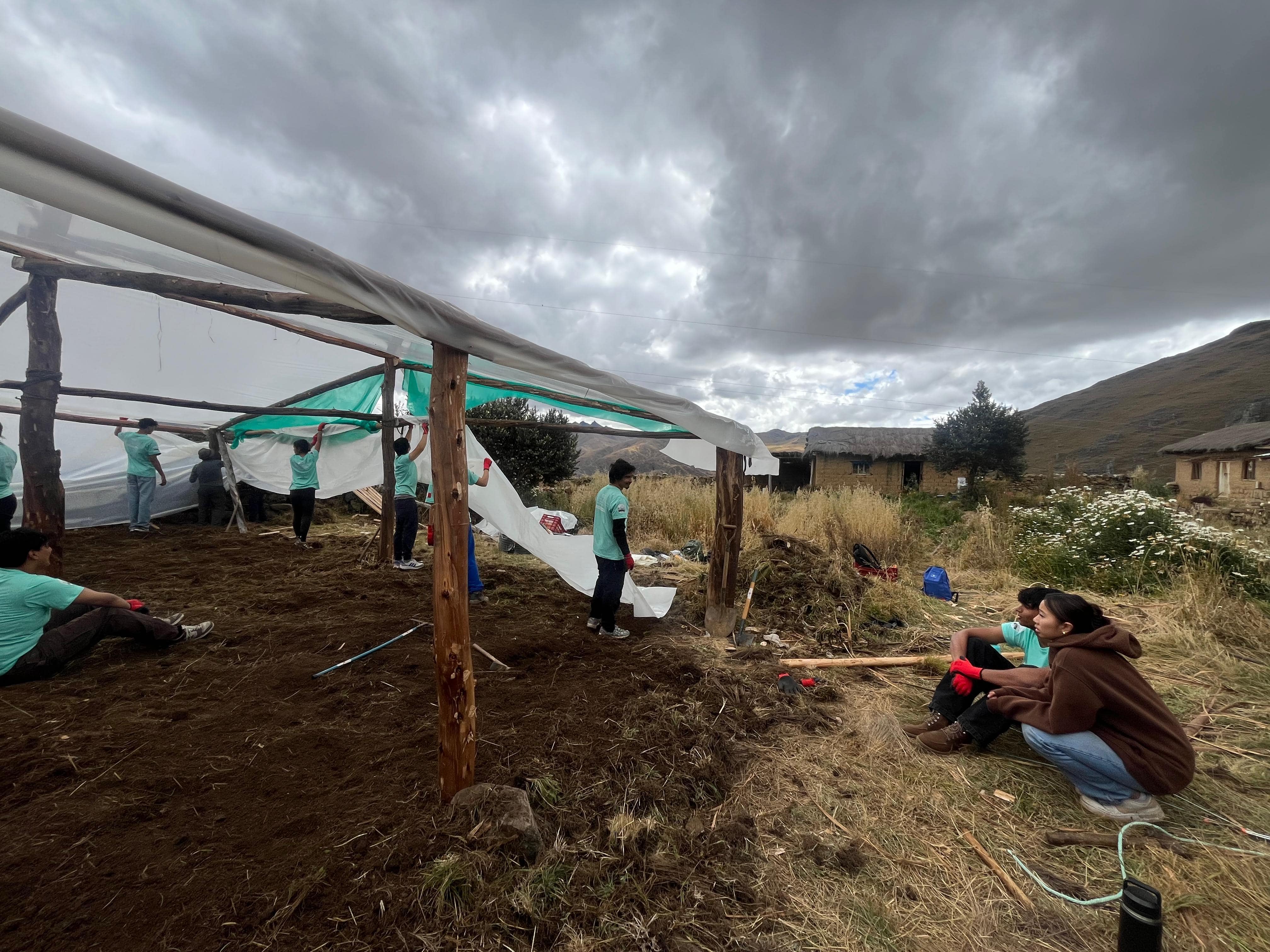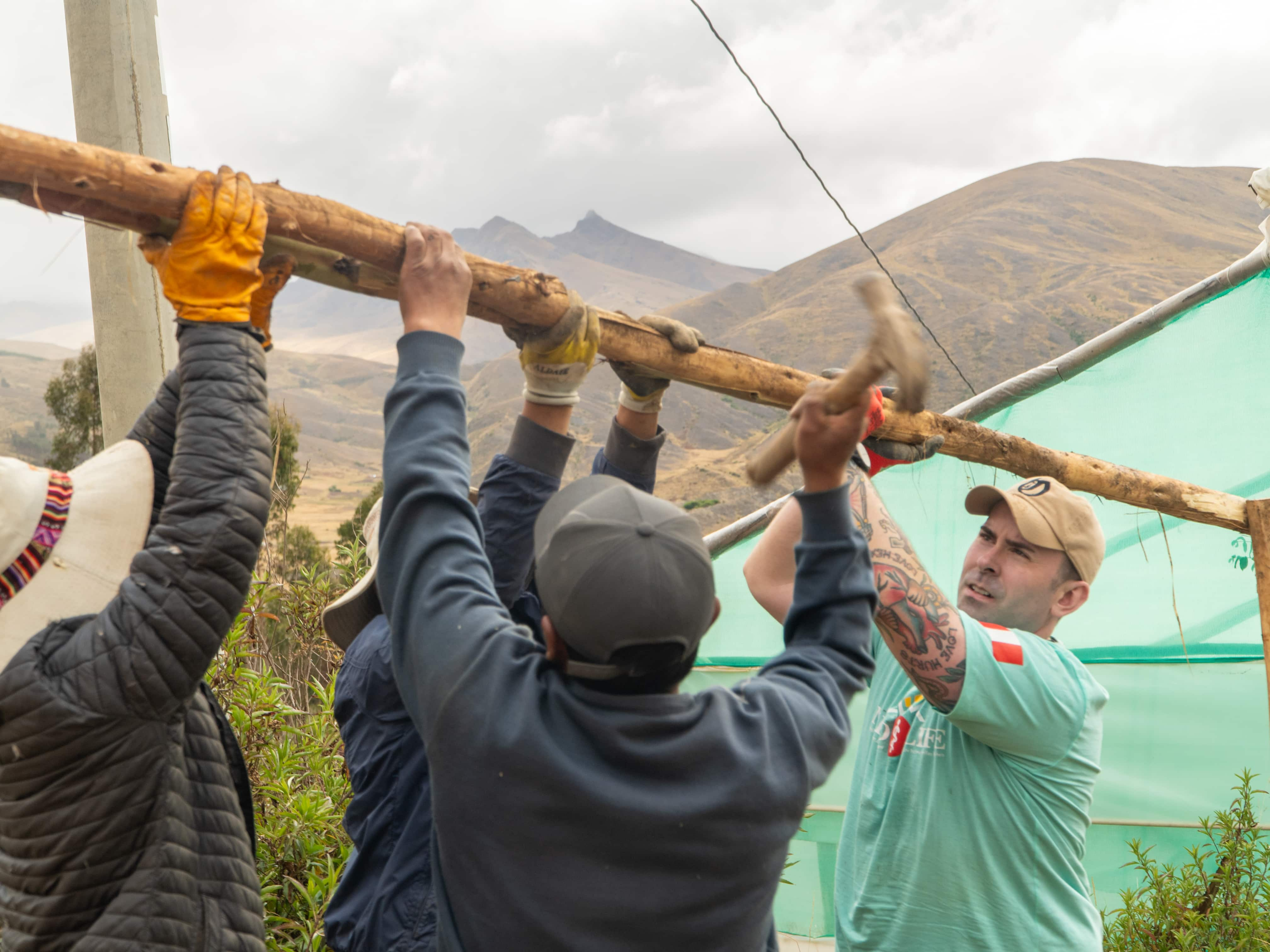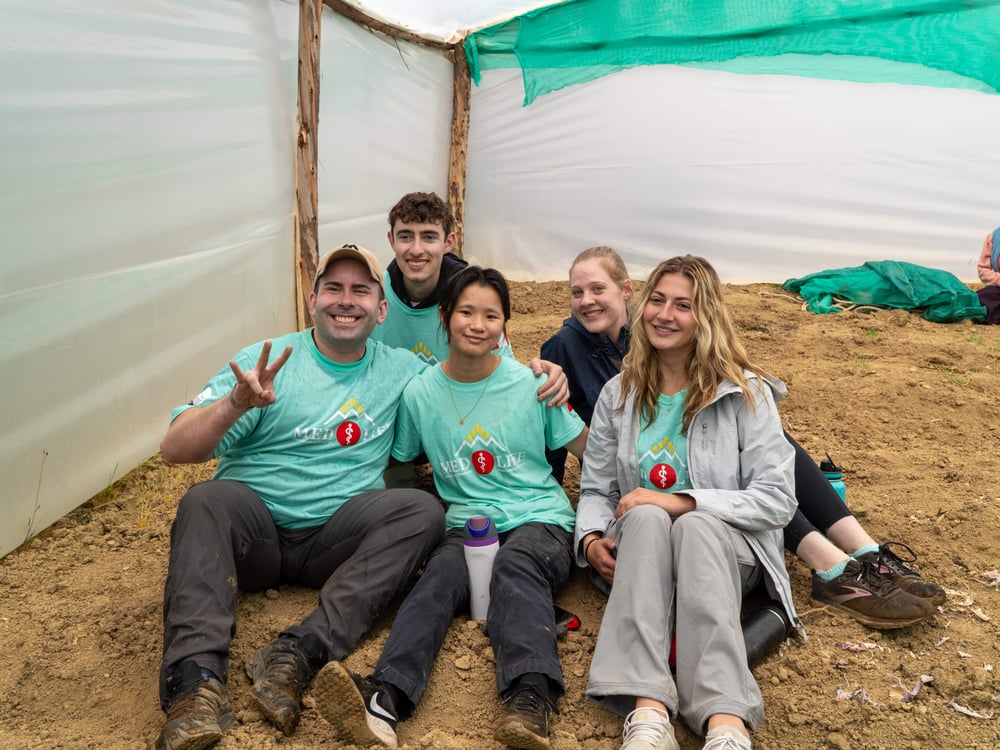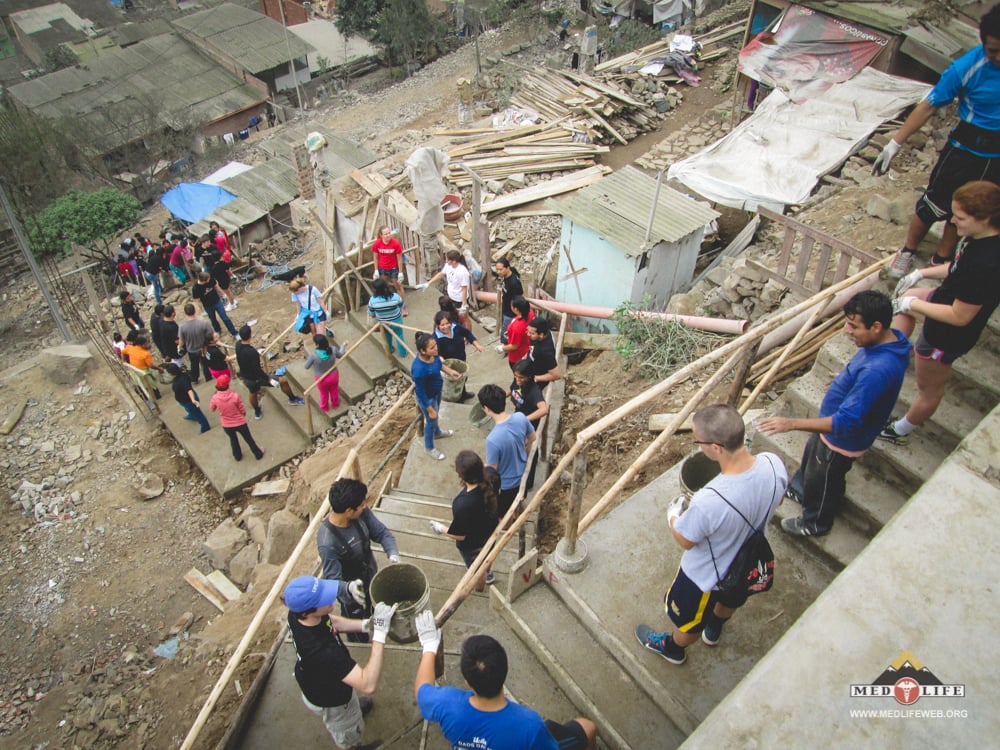
Volunteering In Construction Projects: What Can Be Learned Outside The Classroom
In the fast-paced world that we live in, where theoretical knowledge can often overshadow practical skills, the importance of hands-on experience cannot be overstated. Volunteering in construction projects offers students a unique opportunity to apply their classroom-learned concepts in real-life scenarios. This kind of immersive learning environment not only reinforces theoretical knowledge but also enhances problem-solving abilities.
When you volunteer on building projects, you get to gain first-hand experience in navigating the complexities of construction projects. From understanding instructions to managing on-site challenges, the experience is rich and multifaceted. These practical exposures are invaluable and often unachievable within the confines of a traditional classroom setting.

Building Essential Skills in Real-World Settings
Participating in volunteer construction projects helps students develop a wide range of essential skills that are critical in the fields of infrastructure, urban planning, and architecture. Teamwork, communication, and leadership abilities are honed as students collaborate with diverse groups of volunteers and professionals. These skills are crucial when managing large-scale projects that require synchronized efforts from multiple stakeholders.
Additionally, students learn technical skills such as using construction tools, understanding safety protocols, and project management techniques. These competencies are not only useful in construction but are transferable to various other professional fields, making students well-rounded and versatile candidates for future employment.
Networking and Professional Growth
Volunteering abroad on construction projects provides an excellent platform for networking. Students get the chance to interact with industry professionals and other students from all around the world. These interactions can lead to mentorship opportunities, invaluable career advice, and even potential job offers.
Building a professional network while still in school can significantly enhance a student's career prospects. The connections made during volunteer projects can open doors to internships, job placements, and collaborative opportunities that would otherwise be difficult to access.

Cultural Awareness and Community Impact
Volunteering abroad in construction projects also offers the chance to immerse oneself in different cultures and communities. This cultural exposure broadens one's perspective and fosters a deeper understanding of global challenges and solutions. It teaches empathy, adaptability, and cultural sensitivity, which are invaluable traits in any industry.
Moreover, by contributing to the construction of safe homes, schools, greenhouses, and community centers, volunteers make a tangible impact on the lives of underserved communities. This sense of contribution and the visible results of one’s efforts can be incredibly fulfilling and motivating.

Enhancing Your Resume and Career Prospects
Hands-on volunteer experience in construction projects is a great addition to any resume. It demonstrates a candidate's willingness to step out of their comfort zone, their commitment to community service, and their practical experience in the field. Employers value candidates who have real-world experience and can prove their ability to apply their skills in practical settings.
Additionally, the skills and experiences gained from volunteer projects can set candidates apart in a competitive job market. They show that the candidate is not only knowledgeable but also resourceful, adaptable, and capable of making a positive impact.
Interested in how you can join a Safe Homes Movement volunteer abroad trip? Download the Safe Homes Movement brochure. If you’re ready to support our work long-term, consider becoming a monthly donor. Every bit counts!



